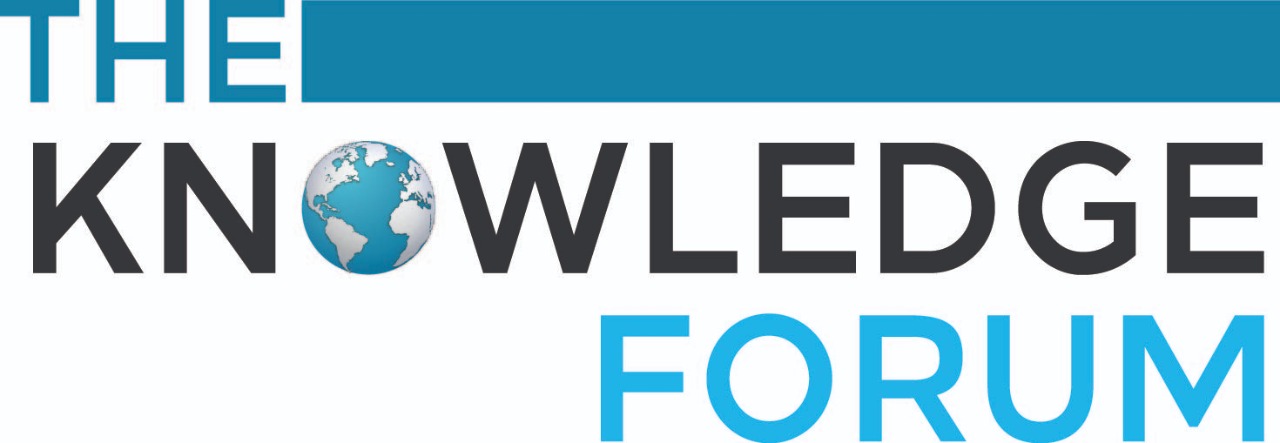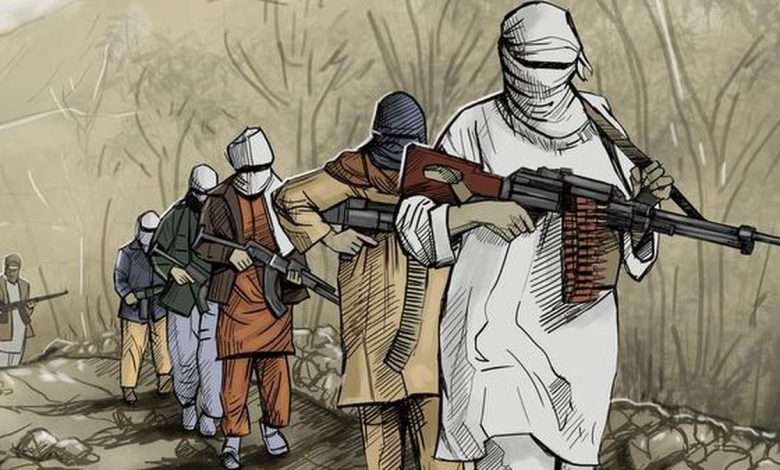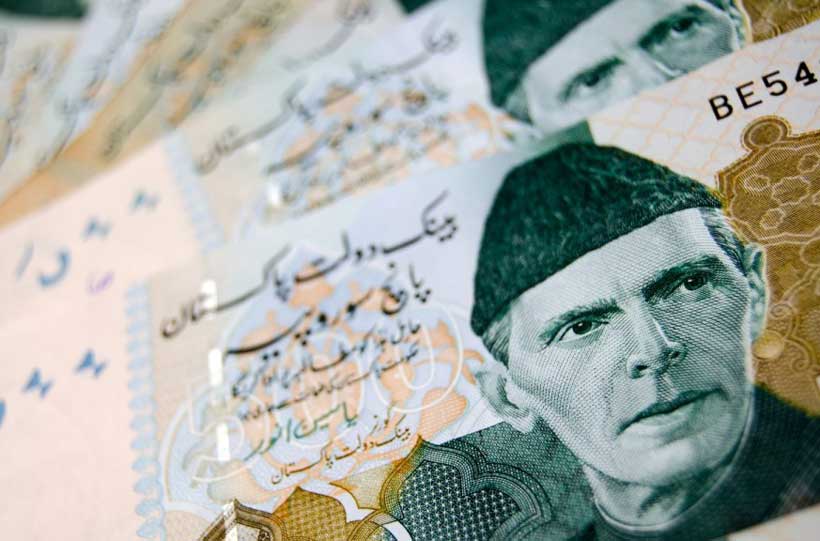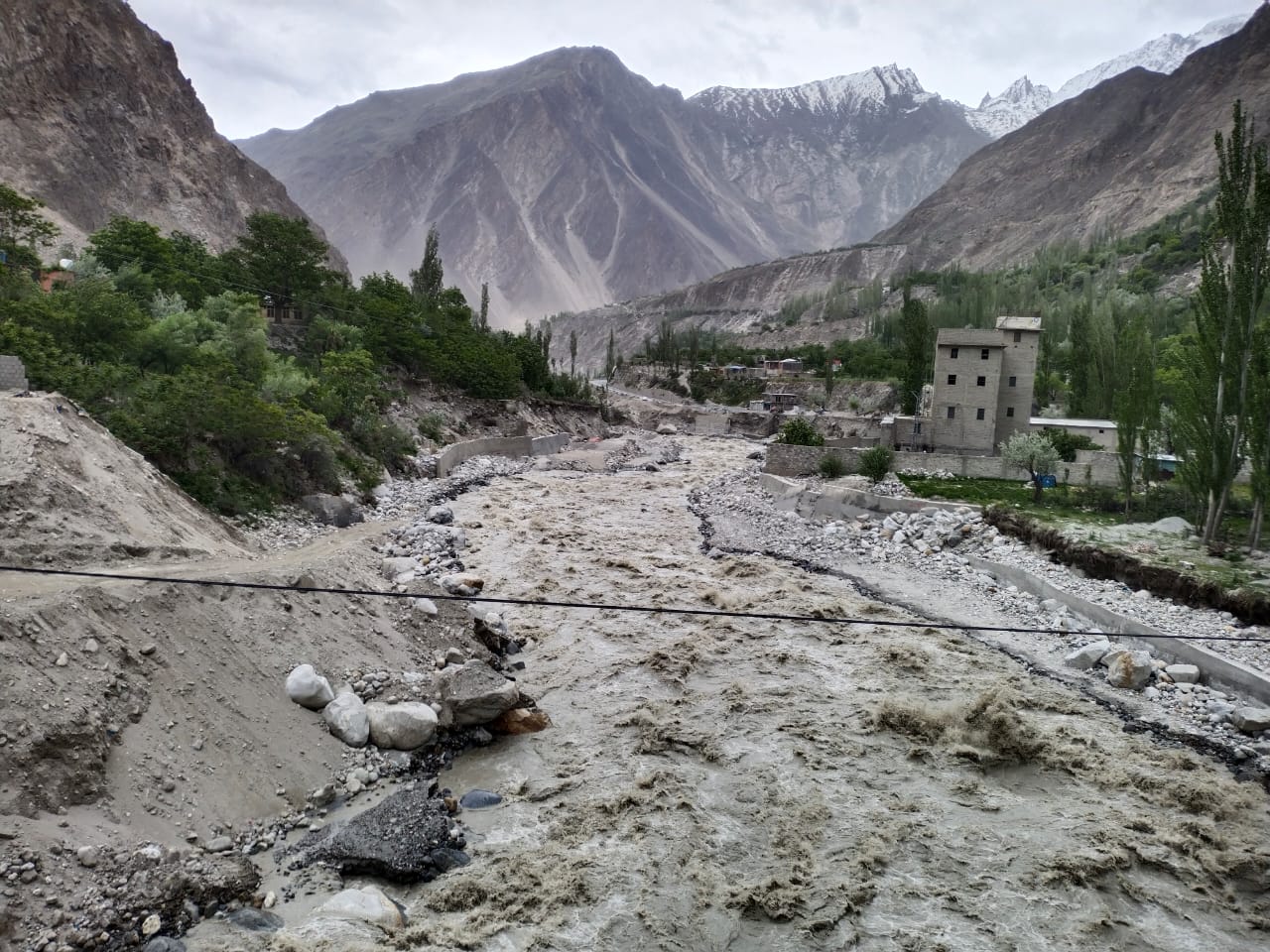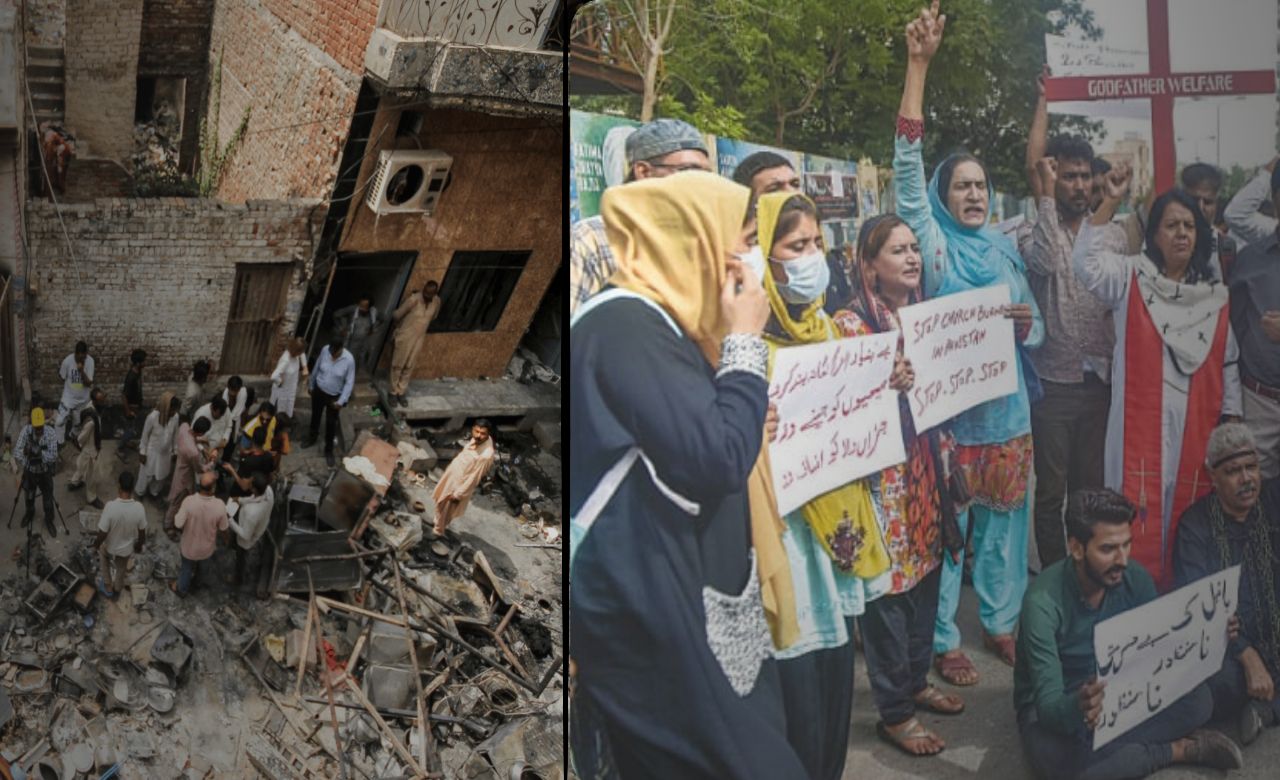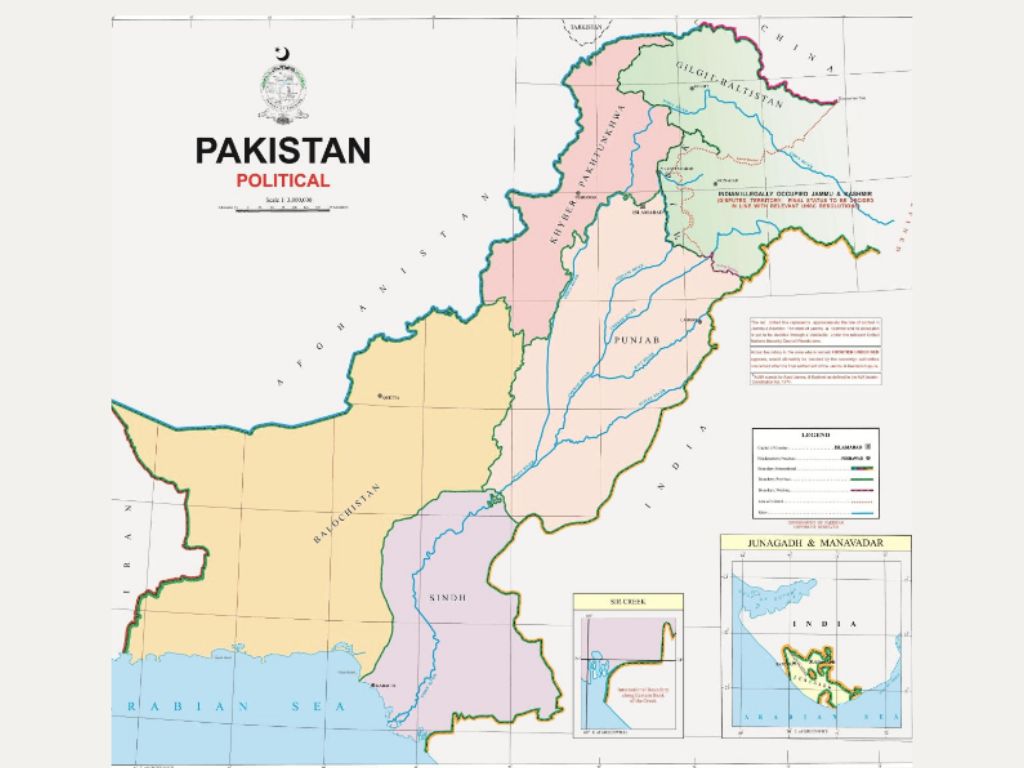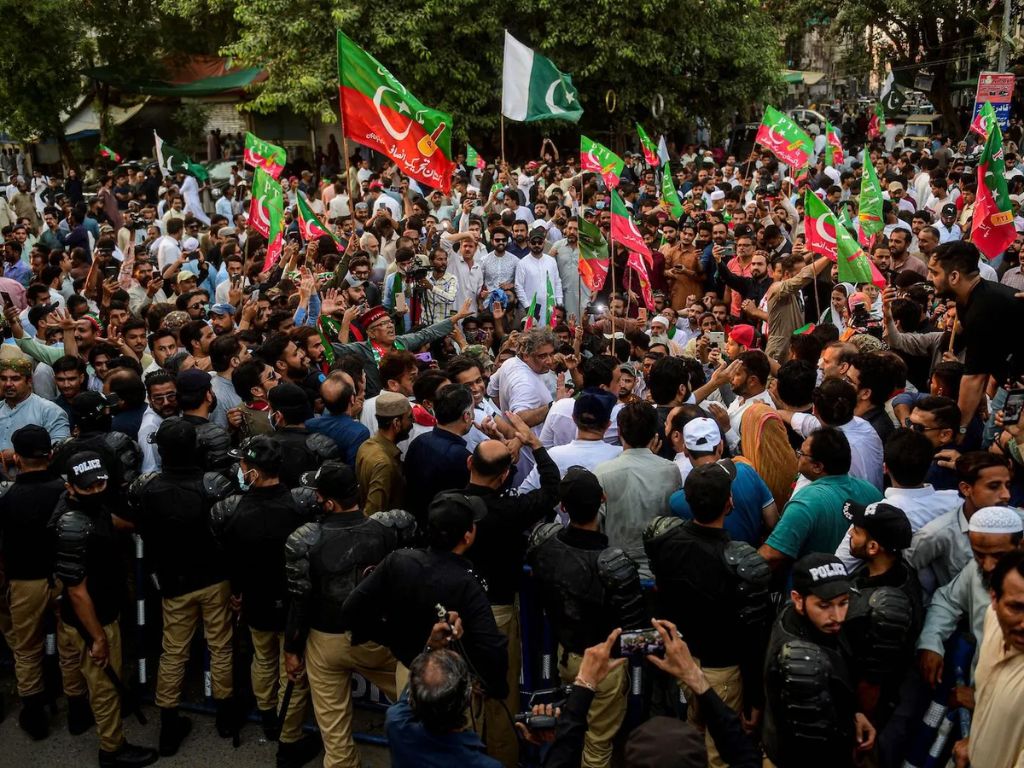Human Capital and Economic Growth in Pakistan
Human development is of paramount importance for economic growth, as it fosters a population of healthy, educated, skilled, motivated and hopeful individuals who, endowed with liberty, naturally aspire to achieve development for themselves and society as well. In the context of Pakistan’s contemporary challenges, the writer argues that investing in its people could pave the way for the country’s socioeconomic development.
